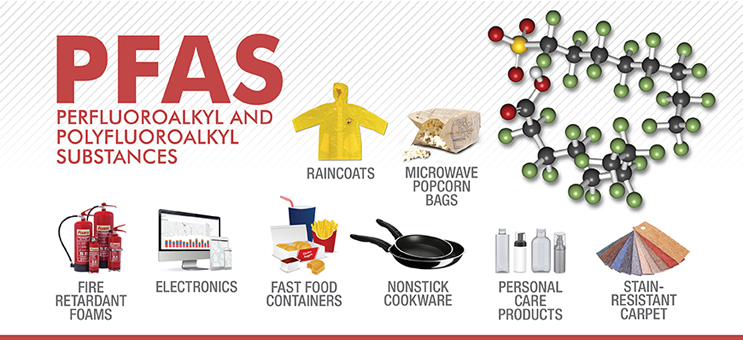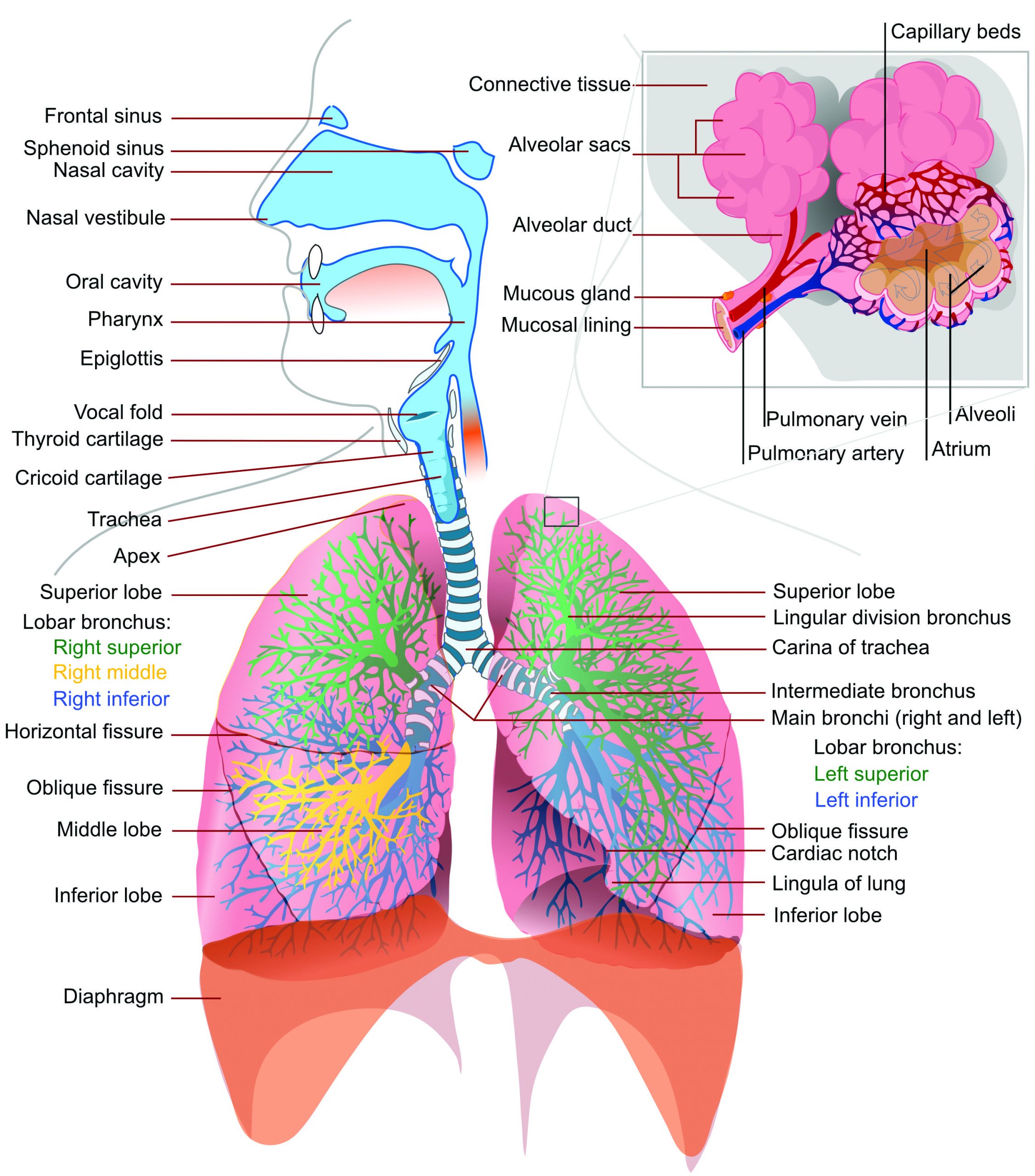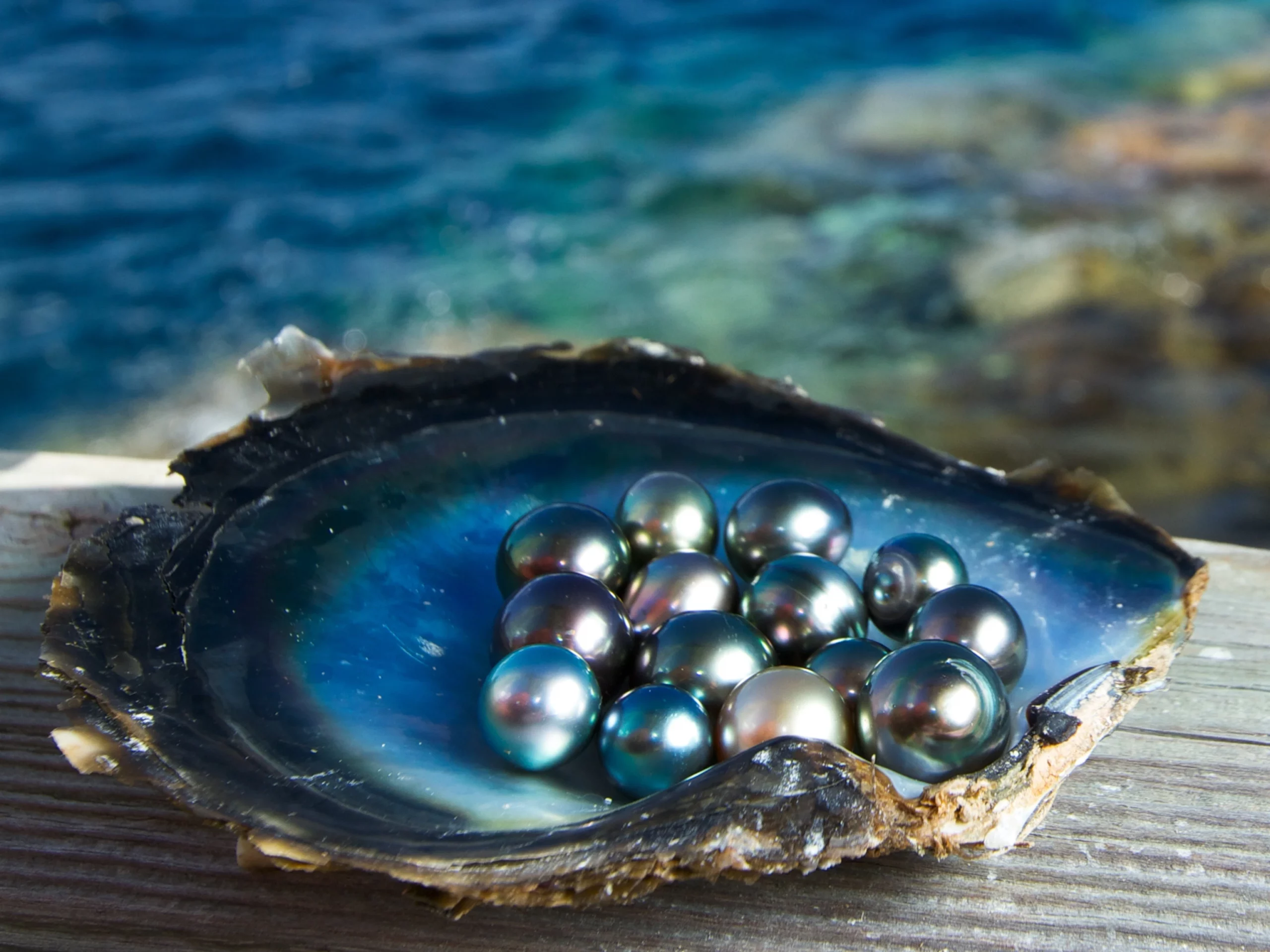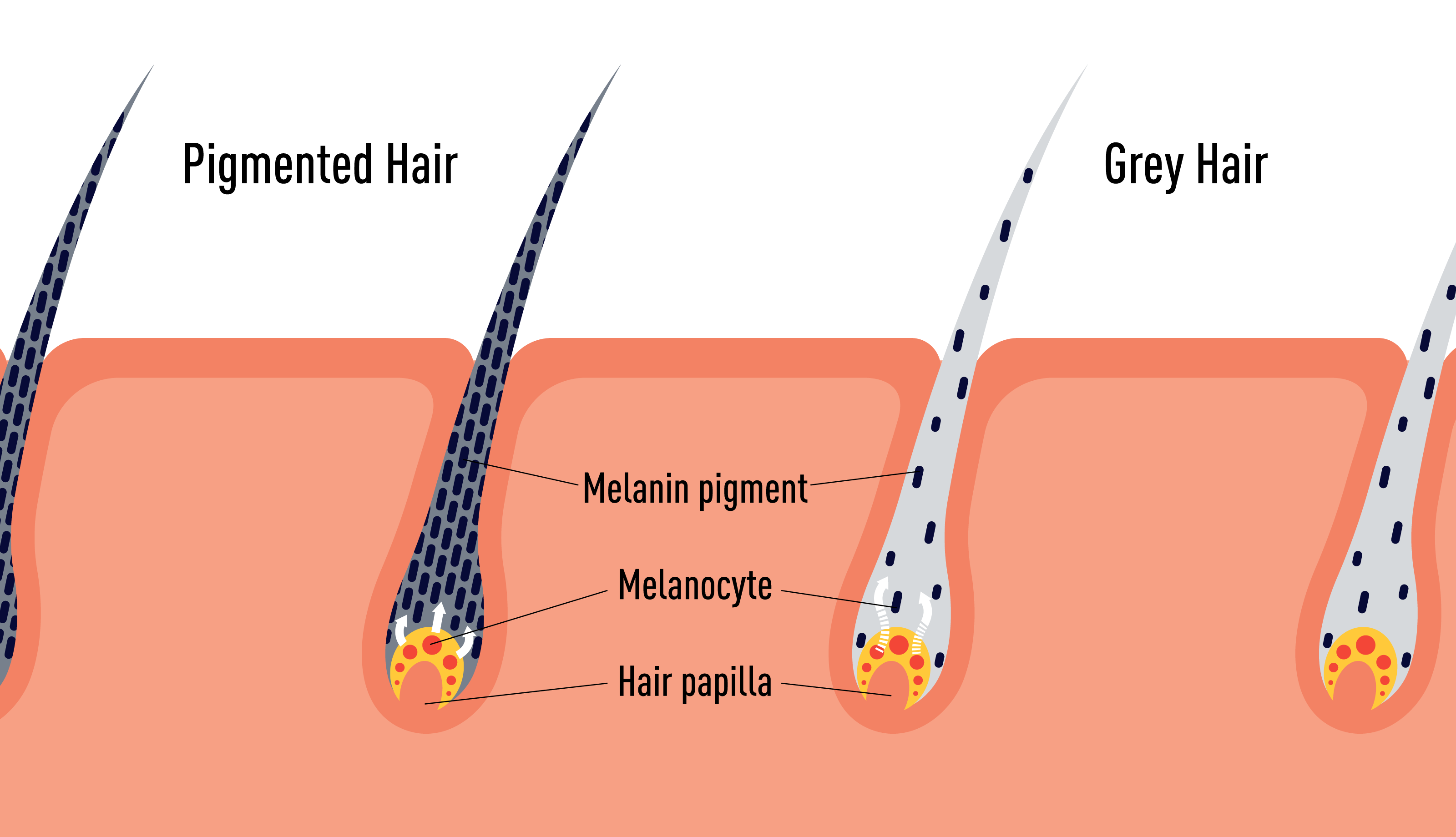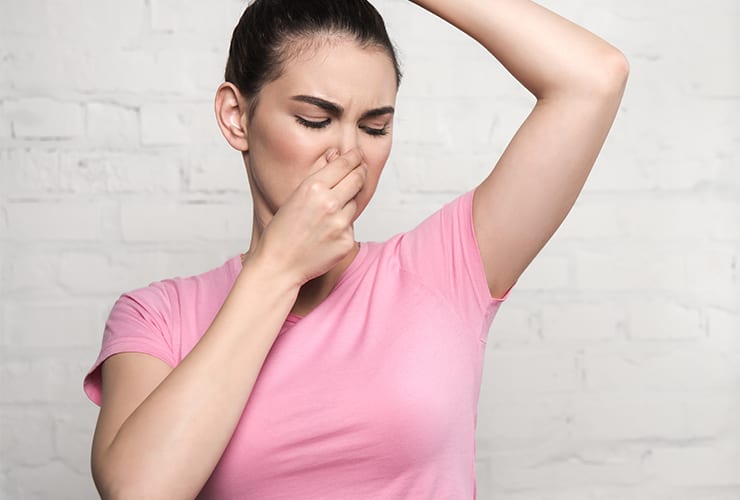
Sweating is a good way to detox, is it a myth about body odor?
According to dermatologists, sweating is not a way to detox the body. Sweating has two types, one that comes from eccrine glands, which is found everywhere and helps with thermoregulation, and the other one is apocrine glands, which are found in areas such as underarms, groin, chest, and are associated with being smelly. The actual sweat from apocrine glands does not smell; it’s the bacteria in those areas that use what the gland produces as food, which results in body odor. While there are benefits to sweating, such as cooling down the body during a workout or overheating, it doesn’t have any detoxifying properties.
Body odor is a natural part of life, but it can be embarrassing and socially isolating if not managed properly. Unfortunately, there are many misconceptions about body odor that can make it harder to tackle this problem. In this article, we’ll explore some of the most common body odor myths and debunk them with facts and science.

Myth about body order:
- Sweat is the Only Cause of Body Odor One of the biggest myths about body odor is that sweat is the only cause. While sweat does play a role in body odor, it’s not the only factor. In fact, sweat itself is actually odorless. The smell comes from bacteria that break down the sweat on your skin. So, even if you shower frequently, you may still experience body odor if you have an overgrowth of bacteria on your skin.
- Deodorant and Antiperspirant are the Same Thing Many people use the terms “deodorant” and “antiperspirant” interchangeably, but they’re not the same thing. Deodorant is designed to mask body odor, while antiperspirant is designed to reduce sweat. Some products combine both deodorant and antiperspirant in one formula, but it’s important to understand the difference between the two.
- Natural Remedies are Always Better Natural remedies like tea tree oil and coconut oil have become popular solutions for body odor, but they’re not always the best option. While these remedies may work for some people, they’re not as effective as clinical-strength products. In addition, some natural remedies can actually irritate the skin, making body odor worse.
- Body Odor is a Sign of Poor Hygiene While poor hygiene can contribute to body odor, it’s not always the cause. Some people are simply more prone to body odor due to genetics, hormonal changes, or medical conditions. It’s important to practice good hygiene habits, but it’s also important to understand that body odor can be a complex issue.
The dermatologists debunked several myths about body odor:
- “Sweat is smelly.” This is false. The sweat from the eccrine glands, which are located everywhere in the body, does not smell. The smell comes from the apocrine glands found in areas like the underarms and groin. The bacteria in those areas use the sweat from the apocrine glands as food, and the byproduct of that process smells stinky.
- “Everyone’s armpits stink.” This is a myth. There’s a special mutation in the ABCC11 gene that 2% of the population has, which makes their armpits not smell.
- “Smelly foods only affect your breath.” This is false. What you eat can affect your body odor. If your body is not producing at an optimal level, it will show you, and you will smell it. There are also certain medical conditions that can cause excessive odor.
- “Smelly feet mean bad hygiene.” This is incorrect. Smelly feet means smelly feet, and it doesn’t necessarily mean bad hygiene. The feet are a unique area with a high concentration of sweat glands and are prone to producing a smell due to the moist environment that is perfect for breeding bacteria and yeast. Washing the feet with antibacterial soap and wearing cotton socks can help reduce odor.
- “Your signature scent never changes.” This is incorrect. Our hormones, microenvironment, diets, and other factors can affect how we smell, and our signature scent can change as we age.
Read also

